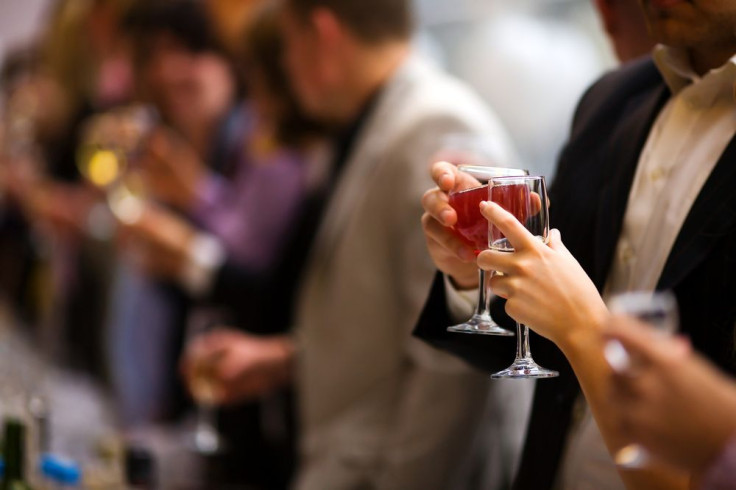Oxytocin, The Love Hormone, Has A Sobering Effect On Drunk Rats

Drunk in love? A new animal study from the University of Sydney found the love hormone oxytocin has a sobering effect.
Researchers infused rats with both alcohol and oxytocin, and compared to the rats they only infused with alcohol, the combination prevented a lack of coordination. Dr. Michael Bowen, lead author, said in a press release after administering the rat equivalent of a sobriety test, rats with both alcohol and oxytocin “passed with flying colors; while those given alcohol without oxytocin were seriously impaired.”
"Alcohol impairs your coordination by inhibiting the activity of brain regions that provide fine motor control," Bowen added. "Oxytocin prevents this effect to the point where we can't tell from their behavior that the rats are actually drunk. It's a truly remarkable effect."
This sobering effect has yet to be documented in humans, though Bowen and his team plan to explore this in the future. First, Bowen needs to ensure there is a method of drug delivery for humans that allows a sufficient amount of oxytocin to reach the brain. The rats in the present study actually received oxytocin infusions directly in their brain. This concentrated amount could also leave speech and cognition much less impaired after a night of drinking.
One caveat: Appearing less intoxicated doesn’t mean you’re above using your Breathometer app to call Uber.
"While oxytocin might reduce your level of intoxication, it won't actually change your blood alcohol level," Bowen said. "This is because the oxytocin is preventing the alcohol from accessing the sites in the brain that make you intoxicated; it is not causing the alcohol to leave your system any faster.”
And for those concerned appearing less intoxicated will encourage you to drink more, researchers conducted additional experiments that found oxytocin can also decrease alcohol consumption and craving. If human trials pan out, this could mean oxytocin-based treatments for alcohol-use disorders in the future.
In the meantime, romantic gestures, such as cuddling, hugging, or kissing, can increase levels of oxytocin, plus the other feel-good hormone dopamine. The two hormones work as a neurotransmitter, and they can promote social bonding. Or, in one Yale University study, an oxytocin-based nasal spray benefitted autistic children.
Source: Bowen M.T. et al. Oxytocin prevents ethanol actions at {delta} subunit-containing GABAA receptors and attenuates ethanol-induced motor impairment in rats. PNAS. 2015.



























